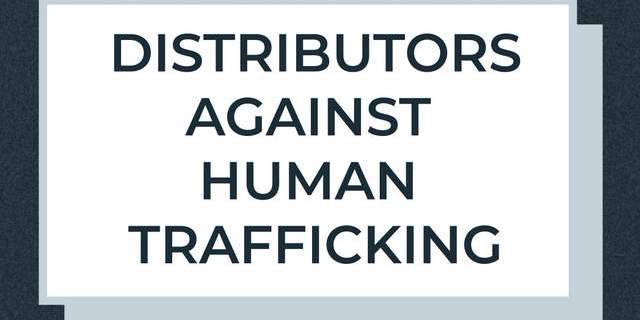
Last week, the U.S. Senate passed the 21st Century Cures Act, a broad health care bill which dedicates more than $6 billion to implement key priorities for the Administration and Congress and reauthorizes the Sober Truth on Preventing (STOP) Underage Drinking Act. The U.S. House of Representatives passed the bill on November 30 with broad bipartisan support, and President Obama is expected to sign it into law.
The National Beer Wholesalers Association (NBWA) worked closely with industry and public health partners to gain support for reauthorization of the legislation. In November, NBWA participated in meetings with key House and Senate staff and sent a letter along with industry partners to the House Energy and Commerce Committee to urge a hearing and passage of the STOP Act.
NBWA President and CEO Craig Purser issued the following statement upon the bill’s passage: “NBWA supports policies that allow states to regulate alcohol, and the STOP Act is a proven piece of legislation that helps combat underage drinking while affirming the value of today’s state-based system of alcohol regulation. America’s beer distributors applaud the leadership of Reps. Lucille Roybal-Allard [CA] and Mike Fitzpatrick [PA] on this issue, as well as Sen. Charles Schumer [NY] and the other congressional co-sponsors.
“The STOP Act provides the necessary tools to government at the federal, state and local levels to help prevent alcohol consumption by those who are not of a legal drinking age. This landmark legislation addresses the health and safety issues involved with underage drinking while recognizing that alcohol is different from other consumer products and is best regulated by the states, consistent with the 21st Amendment.”
The STOP Act coordinates and highlights the best practices of states to combat underage drinking in a comprehensive report of state activities.
The STOP Act became law in 2006, when it received bipartisan support in Congress and NBWA, other licensed beverage industry groups, public health organizations and alcohol control groups joined in support of the legislation. The STOP Act highlighted health and safety concerns related to underage drinking and provided funding for state initiatives to address such problems. It also authorized a national media campaign, new grant programs and research to combat underage drinking. Additionally, it established and funded the federal Interagency Coordinating Committee on the Prevention of Underage Drinking, chaired by SAMHSA, to help coordinate federal agencies involved in alcohol issues.
Although alcohol remains the substance most widely used by teenagers, studies such as Monitoring the Future, sponsored by the National Institute on Drug Abuse at the National Institutes of Health, show that underage drinking has been declining for several years.





Leave a Reply
You must be logged in to post a comment.